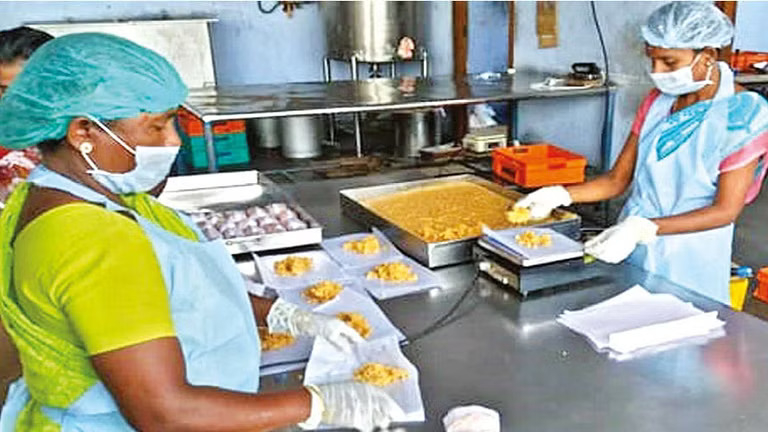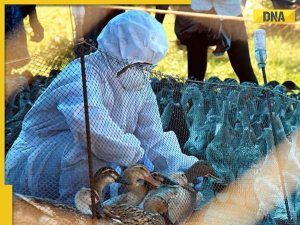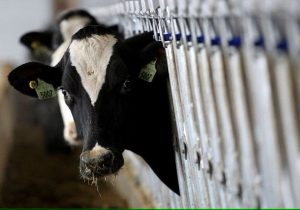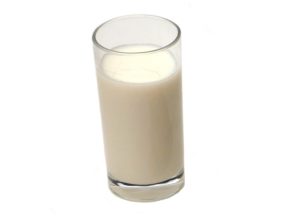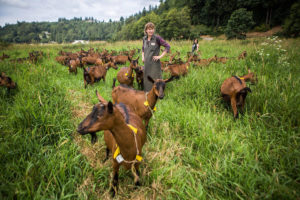MADURAI: With the festival of Deepavali slated later this month, Aavin, the Tamil Nadu Cooperative Milk Producers Federation Limited, is gearing up for production of dairy products.
Sweets are an integral part of the festival, which is the occasion when people buy a variety of sweets and share it with others to enjoy the festive spirit, sources said.
According to TR Diyanesh Babu, General Manager, Aavin, Tirunelveli, the state government has set a target of marketing 29 tonnes of dairy products, particularly sweets for this Deepavali season.
Though there’s a decline in procurement of milk owing to reduced production from dairy cattle during this lean season, which experiences scorching weather, he exuded confidence that the target would be achieved. The key requirement for preparing sweets is butter and ghee and these ones were being delivered from the Head office.
Every Aavin union in various parts of the state specialises in making sweets of its own. While Tirunelveli union is good at making ‘ghee halwa’, Madurai union is for ‘mysurpa’ and ‘pal khoa’.
There’s a huge demand for indigenous product ‘ghee halwa’ from Tirunelveli and a daily average production touches 200 kilos, catering to the local consumption demands and also to Madurai, Thoothukudi, Kanyakumari and Virudhunagar. Moreover, ten tonnes of ghee halwa would be delivered to Chennai ahead of Deepavali, he told DT Next.
Apart from ‘ghee halwa’, other indigenous dairy products being made in Tirunelveli are ‘pal khova’, milk cake, mysurpa and ‘kulfi’ ice cream.
‘The demand for milk is on the rise and we manage it by procuring the required amount of milk from the nearby sister unions.
The daily average requirement of milk for the Tirunelveli union, which also caters to needs of consumers in the neighboring Thoothukudi district, is 83,000 litres, and the union could get only about 69,000 to 71,000 litres daily’, the General Manager said.

